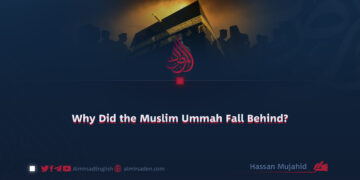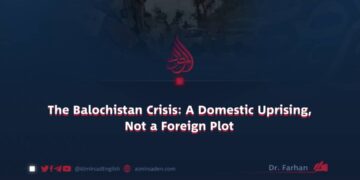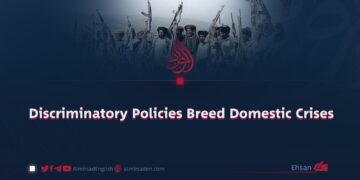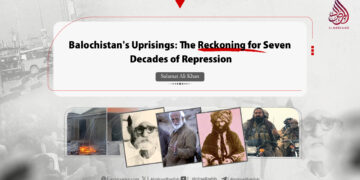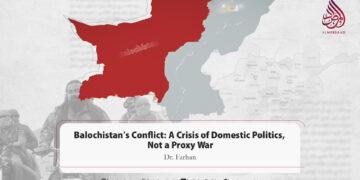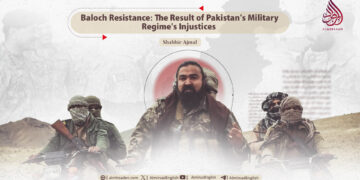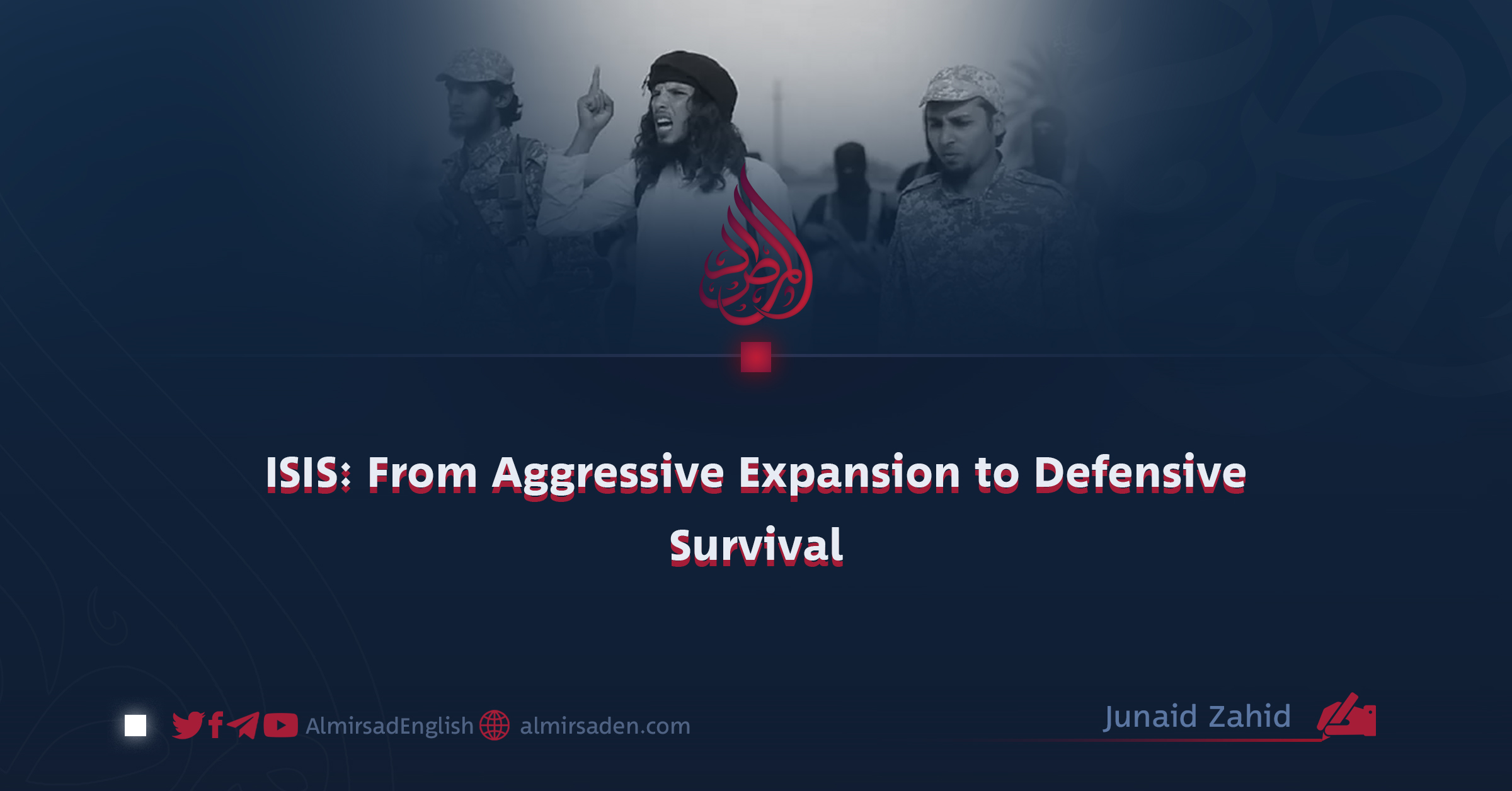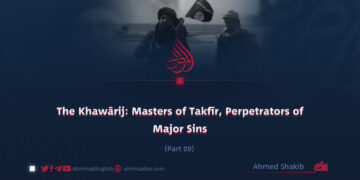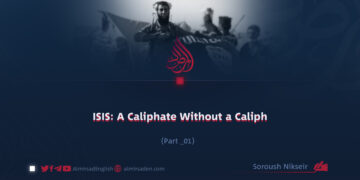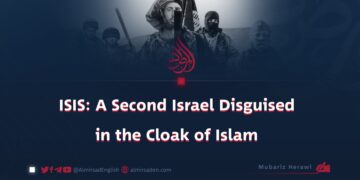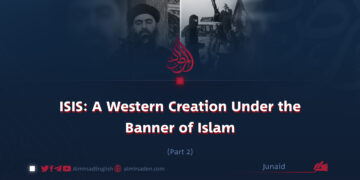Author: Junaid Zahid
The contemporary global landscape, characterized by shifting powers, an evolving world order, and the emergence of new geopolitical dynamics, has profoundly transformed the nature and trajectory of various movements. Groups that once operated as mere proxies under the command of dominant foreign powers are now desperately struggling for survival amidst an increasingly complex and unsympathetic environment.
ISIS, which only a few years ago was aggressively pursuing territorial expansion and envisioning a transnational caliphate, has now been reduced to a shadow of its former self. Estranged from global strategic calculations and deprived of ideological relevance, the group finds itself isolated and weakened. Its only remaining objective is sheer survival.
The change in the stance of Western and colonial powers toward ISIS is evident. Once seen as a convenient instrument for proxy warfare, the group has lost all strategic utility. From its inception, ISIS lacked a coherent and compelling message; today, it is virtually absent from the calculations of any significant political actor. As global powers shift focus toward stability and influence through more legitimate or pragmatic channels, support for movements like ISIS—void of military, intellectual, or political weight—has withered away.
No longer capable of expansion, ISIS is now focused solely on preserving what remains of its fragmented structure. The very group that once envisioned itself ruling over vast swathes of territory, dividing the world into three concentric spheres—the internal zone (Iraq and Syria), the near periphery (the Middle East and North Africa), and the far periphery (Europe, East Asia, and North America)—is now so debilitated that it cannot even secure a stable foothold for continued existence.
The group’s strategic vision has deteriorated into a desperate attempt to remain relevant, with any resurgence likely to take the form of an insurgent movement rather than a global force. A brief survey of the history of terrorist and extremist organizations illustrates that movements rooted in foreign intelligence manipulation and ideological servitude are ultimately unsustainable and doomed to collapse.
ISIS’s rapid ascent shocked the world. Its early momentum was both unexpected and alarming. Yet it did not take long for the group’s structural flaws, ideological bankruptcy, and true nature to be exposed. Its violent, fear-driven ideology—corrupt, perverse, and alien to both human dignity and Islamic values—quickly earned the disdain of nations and communities across the world. Far from rallying support, ISIS provoked universal condemnation and rejection.
Now, in its weakened state, the group is willing to pay any price to persist—even at the cost of forsaking human values and dignity. Its worldview is devoid of any sound theological or intellectual foundation, detached from any authentic religious tradition. This intellectual and moral void, coupled with military defeats, has led to its loss of social legitimacy and public support.
When a group becomes disconnected from its base—the people and society it claims to represent—it not only forfeits internal credibility but also becomes irrelevant to the external powers that once found it useful. In the eyes of global powers, ISIS has become a spent force, a burned-out pawn with no strategic value.
Western support for ISIS was opportunistic and tactical, and it evaporated the moment the group’s true nature was revealed to the world and regional populations. Stripped of its utility, ISIS is now engaged in a last-ditch struggle to avoid annihilation. The question of how it is labeled or perceived no longer matters to the group; its sole objective is to survive.
No longer bound by ideological red lines, coherent strategies, or defined borders, ISIS is in a state of existential desperation. Like a drowning man grasping at twigs in a flood, it clutches at any opportunity—no matter how weak—in an effort to stay afloat and avoid being swept into oblivion.






